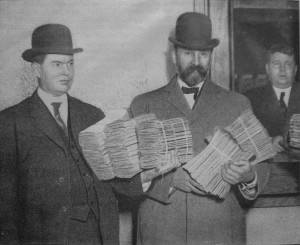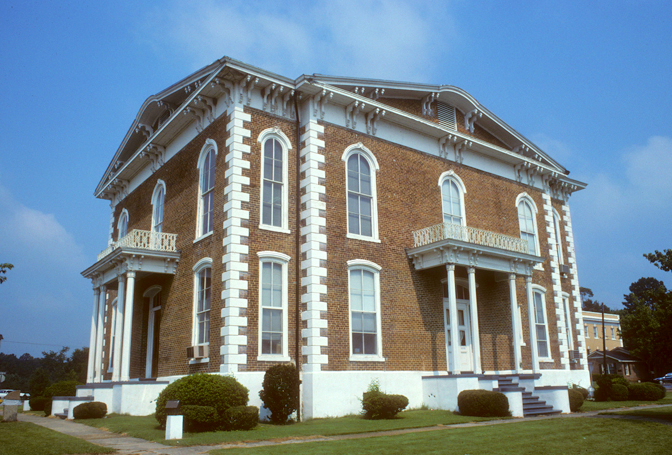Trying to Get Away From Lawyers? Wisconsin May Not Be Such a Bad Place to Be
The United States Bureau of Labor Statistics calculates what it calls the “location quotient” for individual occupations. This statistic is computed on a state-by-state basis and reflects the percentage of a jurisdiction’s population employed in a particular job or profession.
The “location quotient” looks at the place in which the job is performed and not the jurisdiction in which the job holder is domiciled. Hence, a lawyer who lived in Maryland, but practiced in the District of Columbia would be counted as a D.C. lawyer.
With a current “location quotient” of 0.65, Wisconsin is tied with Alabama for 40th place among the 51 states and the District of Columbia. The only states in which lawyers are less “common” are North Dakota (0.40); South Dakota (0.43); Iowa (0.47); Indiana (0.54); Nebraska (0.58); Tennessee (0.59); North Carolina (0.59); Wyoming (0.59); and Mississippi (0.61).
The per capita number of lawyers in Wisconsin is significantly lower than that for its neighboring states of Michigan (0.77) and Minnesota (0.88), and it pales in comparison to Illinois (1.18).
Lawyers are, not surprisingly, most common in the District of Columbia which has a location quotient of 10.05. Next on the list are New York (1.77); Delaware (1.49); Florida (1.32); Massachusetts (1.21); New Jersey (1.20); and Illinois (1.18).
As I pointed out a number of years ago in an article published in the Wisconsin Law Review entitled “The Wisconsin Lawyer in the Gilded Age,” there is nothing new about this phenomenon. Wisconsin had fewer lawyers, per capita than most American states in the 19th century and the pattern has persisted into the 21st century. One might be tempted to think that the diploma privilege had something to do with it, but the number of lawyers per capita is lower in Iowa than it is in Wisconsin, even though Iowa did away with the diploma privilege in 1884. (Iowa had followed Wisconsin’s lead and had adopted the diploma privilege for the state university law school in 1873.)
The full set of data compiled by the Bureau of Labor Statistics can be found by clicking here.


